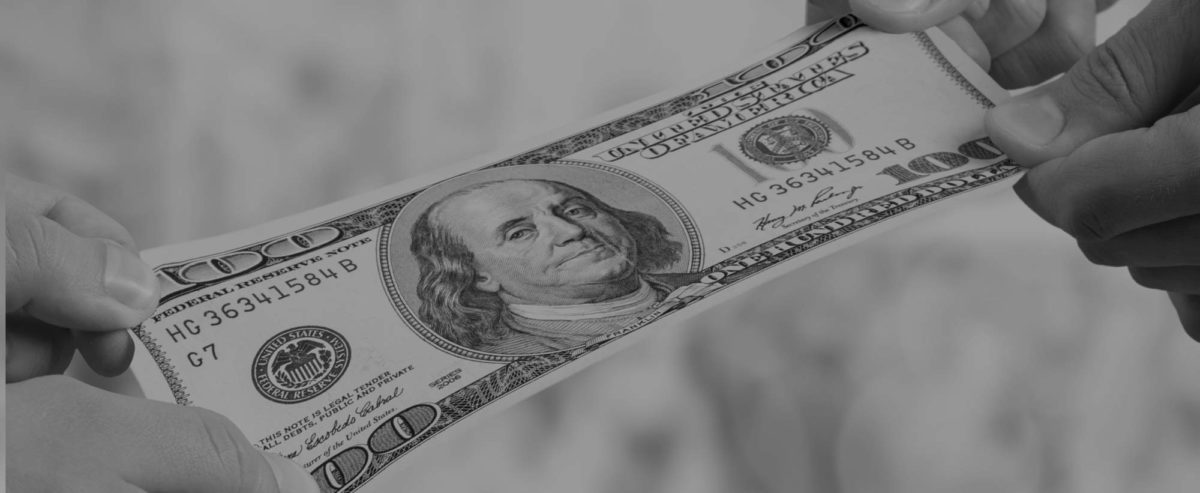Your intellectual property, whether it is a physical product, piece of artistic work, or a new system of doing something, it is at the heart of your business and it needs to be protected. Because of this, it is advised that you work with an intellectual property law firm that can guide you towards your IP’s best form of protection. This might be in the form of a patent, copyright, or trademark.
Why You Need IP Protection
If you’ve spent money, time, and brainwork creating an original work, idea, or product, you’ll need to protect your work. Intellectual property – which includes any kind of original creation such as a novel, logo, song, or product – requires protection. Intellectual property protections falls into three basic categories: copyrights, trademarks, and patents.
Copyrights, Trademarks, and Patents
Copyrights cover literary, artistic, musical and physical works of art.
Trademarks apply to words, names, or symbols intended to identify and distinguish goods or services of one manufacturer from another.
Patents protect inventors’ rights to their inventions. The tem “inventions” can apply to machines to chemical compounds and even plants.
You’ll want to work with our team to ensure that your intellectual property is protected under the correct form – whether that be copyright, trademark, or patent protection. After discussing what you’ve created, our team will be able to advice you on how to proceed with protecting your idea.
Copyrights
Copyright protection covers literary works (such as novels or plays), films, music, artistic works (such as drawings, paintings, photographs and sculptures) and architectural design. Copyright law protects authors, artists, and other creators when it comes to their literary and artistic creations that are commonly referred to as “works”. Works covered by copyright include, but are not limited to: novels, poems, plays, reference works, newspapers, advertisements, computer programs, databases, films, musical compositions, choreography, paintings, drawings, photographs, sculpture, architecture, maps and technical drawings.
In addition to copyright rights, there are also Rights Related to Copyright. Such “related” items include those of performing artists in their performances, producers of phonograms (such as records) in their recordings, and broadcasters in their radio and television programs. Beneficiaries of related rights include performers (such as actors and musicians) in their performances; producers of phonograms (for example, compact discs) in their sound recordings; and broadcasters and broadcasting organizations in their radio and television programs.
Trademark
A trademark is a word, phrase, symbol, logo, and/ or design that identifies and distinguishes the source of goods of one company from another. Google and Volkswagen are examples of trademarks. Owning a trademark allows you to distinguish your goods from the goods of competitors.
It’s important to note that the term “service mark” is often used in conjunction with trademark, but it differs in the fact that it identifies and distinguishes the source of a service rather than goods. Some examples include: brand names, slogans, and logos.
Patents
According to patent law, any person who “invents or discovers any new and useful process, machine, manufacture, or composition of matter, or any new and useful improvement thereof, may obtain a patent” from the U.S. Patent and Trademark Office.
There are four types of inventions that can be protected under patent law. They are:
Process (or Method) – for producing a useful, concrete, and tangible result (examples include genetic engineering procedures, an investment strategy, computer software, or a process for conducting e-commerce on the Internet).
Machine – this is a concrete thing or device with moving parts or circuitry that either produces a function or creates a result (examples include cigarette lighters, a sewage treatment system, a laser, or a photocopier).
An Article of Manufacture – An item or tangible object (examples include erasers, tires, or a hand tool).
Composition of matter – The combination of two or more chemical compounds. This composition may be the result of chemically combined substances or a mixture (examples include chemical composition, a drug, a soap, or a genetically altered lifeform), or an improvement of an invention that fits within one of the first four categories.
Infringement and Litigation
It is always advised that you protect your ideas and creations. Registering your idea with the appropriate protection can ensure that it remains your property. Should your idea be infringed upon, or should you be accused of infringement, our team can help protect you.
If and when an infringement dispute arises, we are there for our clients. We seek quick resolutions and have had good luck mediating and settling cases. While we are zealous advocates for our clients and make every effort to work with opposing attorneys.
Since intellectual property is protected by state and federal laws, infringement disputes are litigated in both court systems, as well as by arbitration and other alternative dispute resolution forums. In our ever expanding world, where there is an ever-growing global marketplace, IP rights are also an international concern.
We will walk you through the process of intellectual property litigation, explaining every step along the way.
Reilly Intellectual Property Law Firm
Reilly Intellectual Property Law Firm provides patent services to protect the inventions that change and shape our world. We handle handles patents, trademarks, copyrights and licensing legal services in Denver. Our experienced attorneys provide strategic guidance, patent counseling and prosecution, new product clearance and licensing, as well as counsel regarding patent enforcement and how to avoid possible infringement issues.
Our patent attorneys actively and aggressively represent plaintiffs and defendants in a wide variety of proceedings before courts both domestically and internationally. We provide solutions that anticipate our client’s need to protect their intellectual property so that their business thrives. We would love to work with you to develop a dynamic strategy that addresses your patent, trademark, copyright, and licensing concerns.



